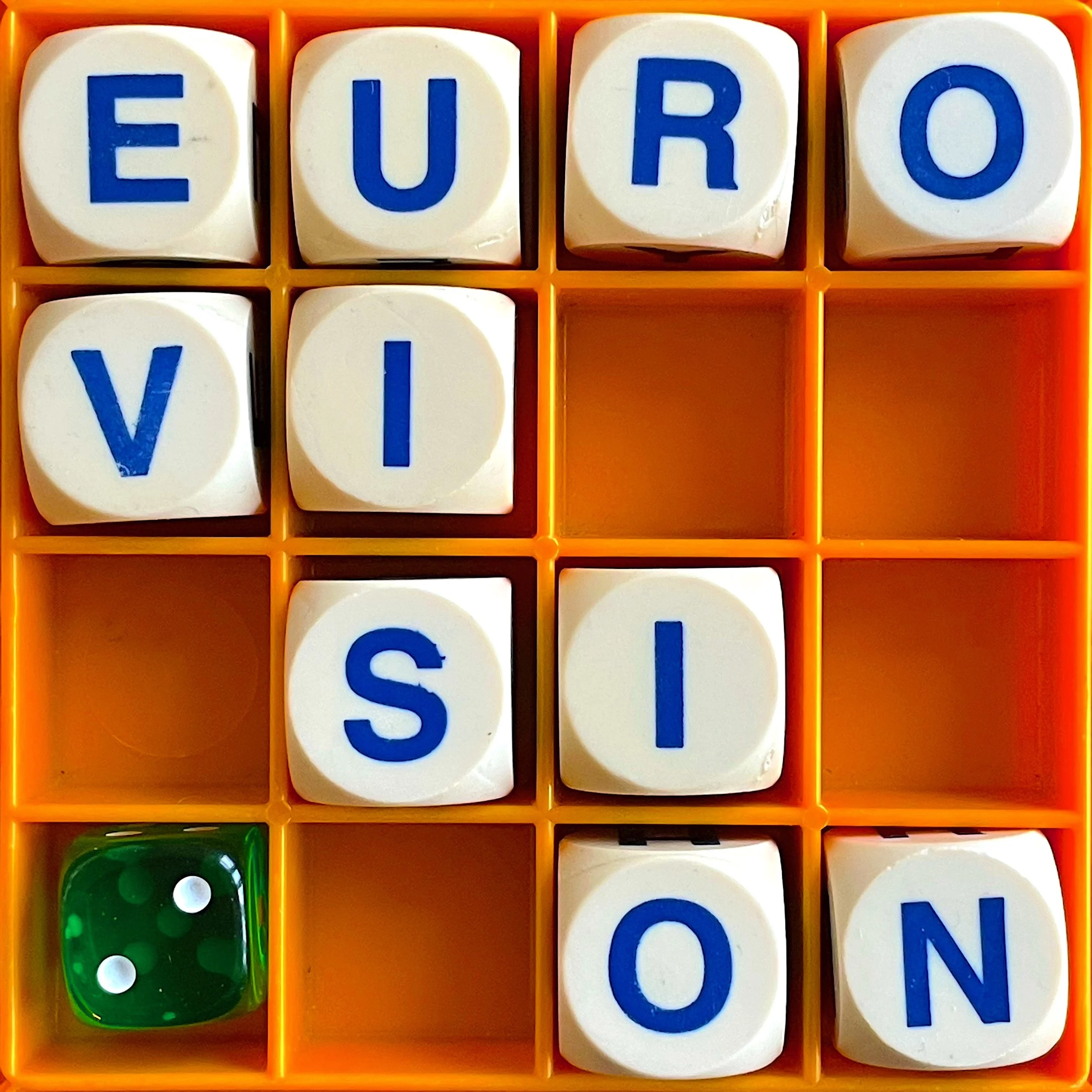DEAN VULETIC: There are lots of economic, cultural and political factors that can decide which language will be most represented in a country's entries, even when it has various national languages.
HZ: Azerbaijan: the only country never to have entered in its national language.
DEAN VULETIC: Correct.
HZ: Could be this year.
DEAN VULETIC: Errrr, I doubt it, because the Azerbaijani government has been very ambitious in Azerbaijan’s Eurovision entries, in using them as a tool of soft power and cultural diplomacy. It has spent a lot of money in getting well-known songwriters and composers from across Europe to produce pop hits that could really win Eurovision. And of course, this means hits in English. And once Azerbaijan did win Eurovision in 2011 and went on to host the most expensive Eurovision ever in Baku. So Eurovision is also popular among dictators as a tool of cultural diplomacy - or as a tool for whitewashing their human rights and democratic records.
Allusionist 159 Bufflusionist transcript
HZ: ‘Vampyre’ with a Y was pretty interchangeable with ‘vampire’ with an I when it first landed in English. Actually, I think the first appearance in English was with a Y. We probably got it from French or German, but it was based on - it’s a little unclear, but it was based on Hungarian, possibly, or Slavic languages. And it was because, at the time, they were doing a lot of coverage of the Serbian vampire epidemic of 1725 to 1732.
JENNY OWEN YOUNGS: Oh, of course.
HZ: Apparently there were a lot of Eastern European vampire epidemics.
KRISTIN RUSSO: What is a vampire epidemic?
HZ: I assume an epidemic of vampires. Imagine Covid, but for vampirism. And no vaccine. No masking is going to save you.


